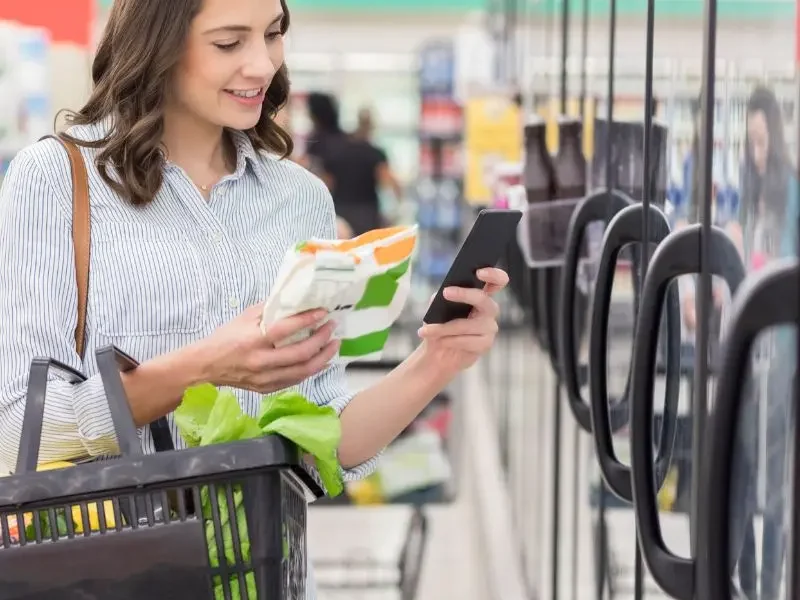Can consumers trust green product labels? Explore the truth behind eco-labels, the risks of greenwashing, and how to identify genuinely sustainable products.
Today, when consumers walk down the supermarket aisles in search for a product, the options are seemingly limitless. A prime example is laundry detergent. Any major supermarket will have numerous brands on the shelf that appeal to different consumers with various wants and needs.
When deciding between brands of a product, an individual might ask ‘What’s the difference between these products?’ In terms of ingredient composition and make-up, who knows (unless you do a side-by-side comparison before purchasing). In terms of monetary value, some will be marginally cheaper than others. In terms of packaging, colours galore and labels that shout out a lot of information. But what does all that information mean, specifically eco-labels?
Eco-labels were introduced as a mechanism for organisations to present themselves as environmentally-friendly, win over consumers and satisfy new compliance obligations as a result of environmental regulatory changes (Nimon and Beghin). Some of the most common eco-labels on products are:
- Biodegradable;
- Sustainable;
- Environmentally-friendly;
- Eco-friendly;
- Organic;
- Carbon Neutral; and
- Fairtrade.
The downside to these labelling schemes is that most organisations put them on products without substantiating the claim which then leads to ‘greenwashing’.
Eco-labels and Greenwashing
Greenwashing, as defined by Cambridge Dictionary, is propaganda distributed by an organisation to make consumers and other stakeholders believe it is doing more to protect and enhance the environment then is truly being accomplished. For example, an organisation might label its packaging as bio-degradable when there is no available evidence and/or research to support that statement. Unfortunately for consumers, this concept is only spreading. In 2010, Defra conducted a study with a conclusion that stated of 4,492 claims made across 3,234 products from 32 sectors, 1 in 10 were ‘general’ and ‘non-specific’.
The question then presents itself, ‘How do consumers navigate the minefield of greenwashing and make sure the product (and organisation) does what’s promised on the label?’
Consumer Responsibility and Proactivity
In order to protect consumer’s and ensure that organisations are not providing misleading information, DEFRA produced guidelines on ‘Making a Green Claim’. This guidance sets out best practice principles for organisations promoting the environmental credentials of a product or service. However, when this guidance was originally published in 2003 it was 40 pages long and now only fills about a page.
There are also regulations surrounding consumer protection and misleading marketing, but these do not strictly regulate what phrases an organisation can or cannot use on packaging.
Therefore, a majority of the responsibility falls to consumers. This includes research and being proactive in reporting and/or voicing concerns over products or services that may be greenwashed. Some organisations produce annual environmental and/or sustainability reports which can often include valuable information for consumers in regard to eco-labels.
Another valuable resource is the Advertising Standards Authority (ASA). The role of the ASA is to regulate the content of advertisements, sales promotions and direct marketing by investigating any complaints made by consumers.
With the introduction of more products and the importance of eco-friendly products and services on the rise, it is important for consumers to be aware of the potential for greenwashing.







